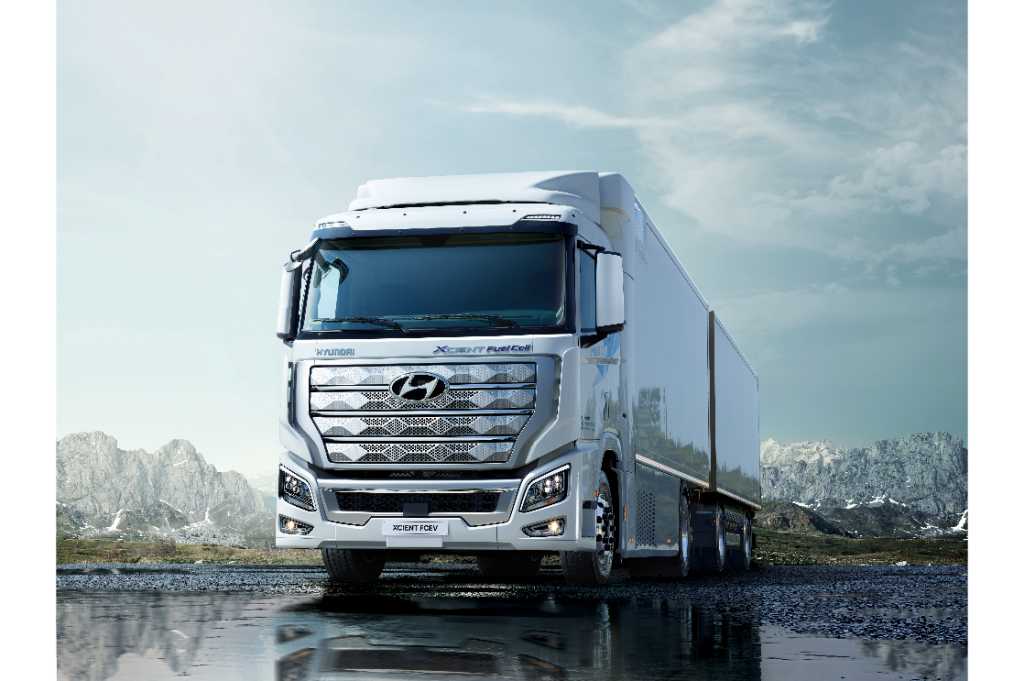In the fight to reduce emissions, improve the air quality that citizens breathe, and the sustainability of the private transport system, the electric car (BEV) and the transport of goods by road play a determining and critical role in the transition to new mobility.
The latest study published by the Engineering Department of the University of Cambridge gives the greater energy efficiency of electric cars a more significant potential for reducing CO2 emissions.
During the study, different mobility alternatives are evaluated, including the one based on the hydrogen-fueled fuel cell (FCEV), very fashionable at the policy level in Brussels and the rest of the European Union nations.
The comparison proposed in the document presented contrasts the energy consumed by electric cars concerning FCEV. The analysis shows that the BEV battery-electric car offers a sustainable reduction in greenhouse gases.
The study of the currently marketed technologies and their theoretical maximums are added using the stochastic analysis to quantify the energy efficiency and the CO2 differences for the BEV and FCEV energy systems.
An average light electric vehicle for people’s transport minimizes CO2 emissions since it reduces the waste of input energy to the maximum, being 65% more efficient than cars with fuel cells powered by hydrogen, known as FCEV.

